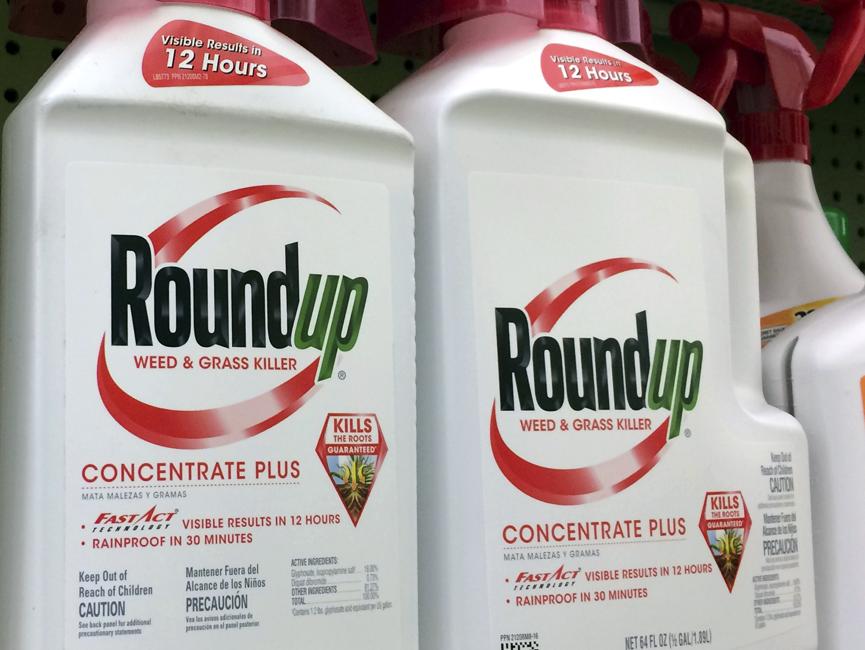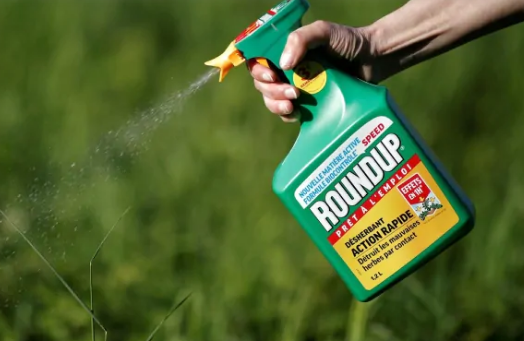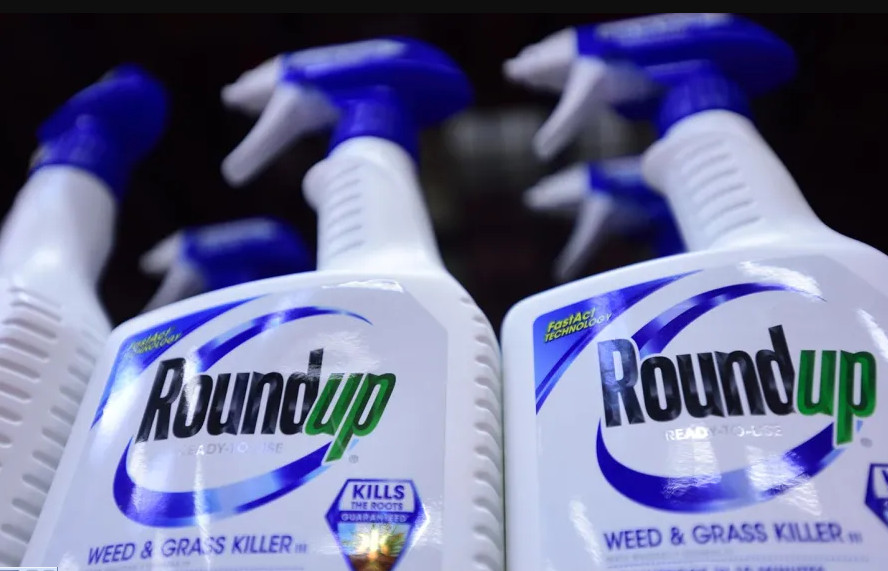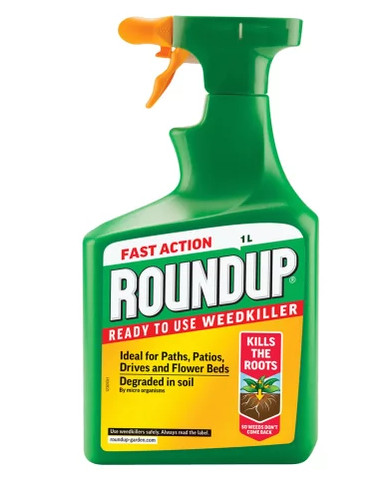Weeds are everywhere! With the July heat being a mainstay of our area, the weeds have taken off in record numbers. Many of you want to get rid of the weeds, but the question always remains: how.
There are different types of weeds. Some weeds are more like grass. If you have had crabgrass in your lawn, you have seen grass-like weeds. The vast majority of what we call weeds are broadleaf weeds. Clover and dandelions are an example of broadleaf weeds. There are also weeds that are classified as woody plants. Poison ivy would be a good example of a woody weed. Generally speaking, you can usually find a weed killer that will take care of any and all of your weeds. The main issue is, can you use a weed killer without damaging your good plants.
In the broadest sense, weed killers are divided into two groups. Selective weed killers will usually target and kill certain weeds. If you have ever used a weed killer on your lawn, it will usually kill the weeds but not harm the grass. There are also non-selective weed killers. This type of weed killer may kill anything that the spray comes in contact with. A non-selective weed killer used on your lawn will kill the dandelions but it will also kill the grass.
The problem for you is to select the correct weed killer for the job. In many cases, this isn’t an easy task. Let’s say that you have some broadleaf weeds growing among your perennials. The weed killer isn’t going to know the difference between your perennials and the weeds you want to kill. If you have poison ivy growing around the shrubs in your yard and you spray a weed killer that takes care of the poison ivy, you may also kill the shrubs. What you need to do is to check the label on the weed killer and see what it will kill. In some cases, there is no easy fix of spraying something to kill the weeds. Almost every day, someone comes into the store and they want to kill the weeds growing in their vegetable garden. Most of the weed killers would kill the weeds, but they will also kill the vegetable plants. As an added problem, some of the weed killers can remain in the soil and can cause future problems for your vegetable plants.
Ultimately, you may find that pulling up the weeds may be the answer. However, there are many types of weeds that will come back from their remaining root system. This would mean that you may be able to kill the weeds when they first appear, but once they have a foothold in your yard, you may have a hard time controlling them without killing the plants you want to keep alive. Ultimately, you need to take the time to read the label on the weed killer, see how it works and then make a determination on how it will work in your yard.
The lack of rain has been a blessing in one way. It has dramatically decreased the number of fungus diseases that have appeared on the flower and vegetable plants in our yards. This doesn’t mean that you won’t have fungus diseases attacking our plants. Dew settling on your plants during the night or the need to water plants late in the day or even the late day thunderstorm can set up the right conditions for fungus to grow. You need to be checking your plants on a regular basis for signs of fungus diseases. If you see a discoloration on the leaves of your plants, it may be a fungus disease. The sooner you treat for fungus diseases, the less likely it is for the disease to spread to other plants.
The lack of rain means that you have to supply the water to keep your plants alive. It is best to water your plants early in the morning. This allows the plants to take up water before the heat of the day begins to dry out the plants. Plants grown in containers need the soil to be thoroughly wet from the top of the container to the bottom of the container. You may find that you will need to use gallons of water to thoroughly moisten the soil. During the sunny, hot and windy days, don’t skimp on the amount of water you use during your morning watering.
Well, that’s all for this week. I’ll talk to you again next week.
Tim Lamprey is the owner of Harbor Garden Center on Route 1 in Salisbury. Do you have questions for Tim? Send them to ndn@ecnnews.com, and he will answer them in upcoming columns.
Credit: http://www.newburyportnews.com












